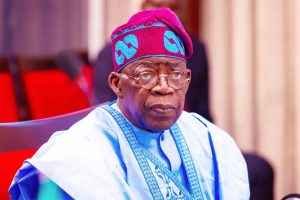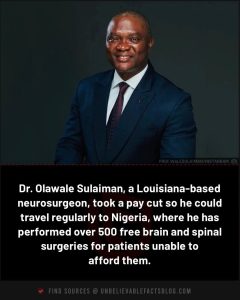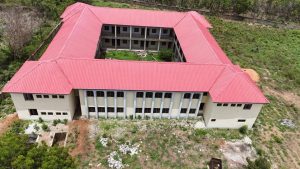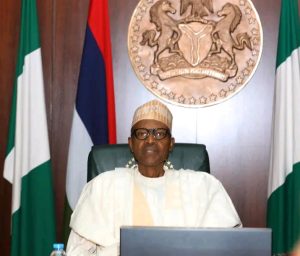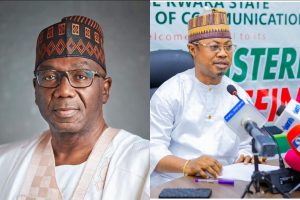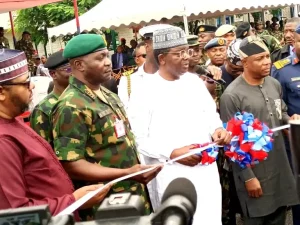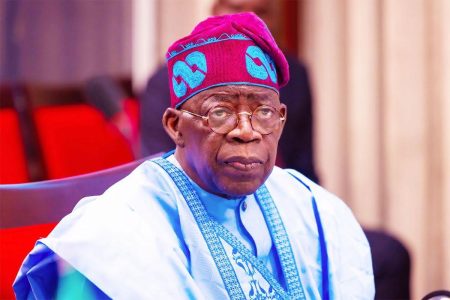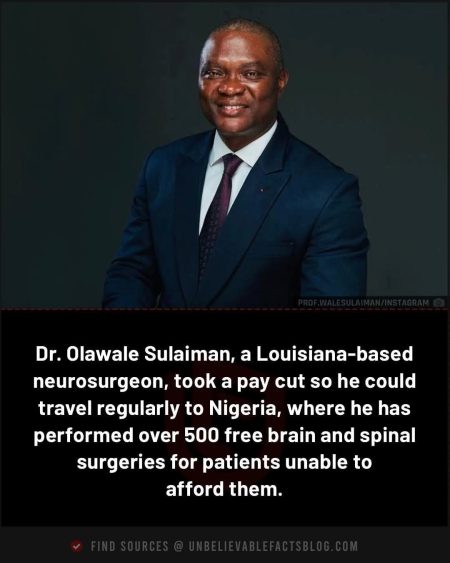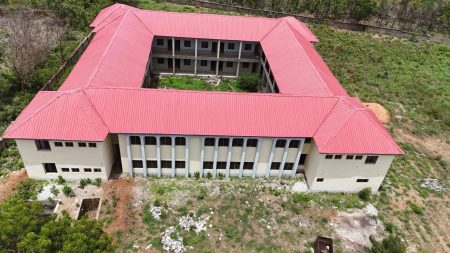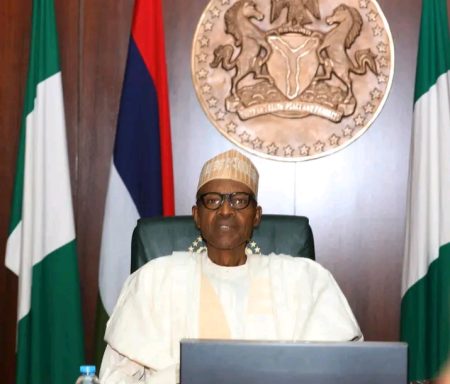Nigeria’s political landscape is bracing for another shake-up as speculation mounts over the potential defection of Rabiu Musa Kwankwaso, leader of the Kwankwasiyya movement and former presidential candidate of the New Nigeria Peoples Party (NNPP). The uncertainty has intensified following comments from Kano State Governor Abba Kabir Yusuf, who pledged unwavering loyalty to his mentor.
“Wherever he goes, we are ready to follow,” Yusuf declared during a meeting with 484 councillors from Kano’s 44 local government areas. While stopping short of confirming any political shift, Yusuf’s remarks have fueled speculation about the NNPP’s future and its role in the evolving political dynamics.
The NNPP has recently faced internal challenges, including a court ruling that returned control of the party to its former leader, Boniface Aniebonam. This development has led to tensions within the party, with some members urging Governor Yusuf to assert his independence from Kwankwaso’s influence. The slogan “Abba Tsaya da Kafarka” (“Abba, stand on your feet”) has gained traction, reflecting calls for Yusuf to establish his own political identity.
In response to allegations from former Secretary to the State Government, Dr. Abdullahi Baffa Bichi, accusing Kwankwaso of receiving N2 billion monthly from the state treasury, Governor Yusuf dismissed the claims as baseless and politically motivated. He suggested that Bichi’s accusations stem from personal grievances after being removed from office.
Meanwhile, the Labour Party (LP) has suffered a significant blow with the resignation of Oseloka Obaze, a close associate of 2023 presidential candidate Peter Obi. Obaze cited irregularities in the party’s April 5, 2025, governorship primary election in Anambra State as the primary reason for his departure. He also expressed disillusionment with the ongoing leadership crisis at the national level, particularly the unresolved conflict between Julius Abure and Nenadi Usman.
In a separate development, veteran journalist and former presidential aspirant Dele Momodu has raised concerns about the wave of political defections to the ruling All Progressives Congress (APC). Speaking on News Central’s “Soni Irabor Live,” Momodu criticized the lack of ideological consistency among Nigerian politicians and warned that the defections could give President Bola Tinubu a skewed perception of his administration’s performance.
“If you see all the governors decamping to your party, won’t you think you are the greatest thing that happened to Nigeria?” Momodu remarked. He also highlighted constitutional issues surrounding political defections, noting that the Nigerian constitution mandates elected officials who defect to vacate their seats—a rule he said is rarely enforced.
Adding to the discourse, Dumebi Kachikwu, the African Democratic Congress (ADC) presidential candidate in the 2023 elections, criticized opposition parties for failing to form a strong coalition to challenge the APC. Kachikwu attributed the failure to personal ambitions and arrogance, particularly within the Peoples Democratic Party (PDP), which he accused of neglecting to collaborate with other opposition groups.
“The PDP failed the rest of the opposition because they believed that by choosing a Northern candidate, that was all that was needed for them to win the elections,” Kachikwu stated. He also took aim at the media for marginalizing less prominent candidates, arguing that the focus on four leading candidates—Tinubu, Atiku Abubakar, Peter Obi, and Kwankwaso—sidelined other serious contenders.


